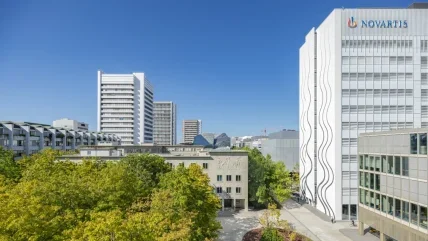
Novartis has received the European Commission (EC) approval for Kisqali (ribociclib) to treat patients with early breast cancer at high risk of recurrence.
Ribociclib is now approved in combination with an aromatase inhibitor (AI) for the adjuvant treatment of hormone receptor (HR)-positive, HER2-negative early breast cancer (EBC) patients.
Kisqali is a selective cyclin-dependent kinase (CDK) inhibitor. It works by slowing cancer progression through inhibition of CDK4 and CDK6 proteins. It was developed by Novartis in collaboration with UK-based Astex Pharmaceuticals.
The drug has been approved for breast cancer treatment in over 100 countries worldwide.
The latest approval is based on the Phase 3 NATALEE trial, which included a broad range of HR+/HER2- stage 2 and 3 EBC patients, including those with node-negative disease.
The multi-centre, randomised, open-label trial assessed 5,101 patients across 20 countries.
The trial demonstrated a significant and clinically meaningful 25.1% reduction in the risk of disease recurrence with adjuvant Kisqali plus endocrine therapy (ET) compared to ET alone.
The benefit of invasive disease-free survival (iDFS), which was defined as the primary endpoint, was consistent across all patient subgroups.
Novartis Europe president Iris Zemzoum said: “Breast cancer recurrence can be a lifelong concern for those living with the disease.
“Patients deserve access to treatment options that help minimise the risk of their cancer coming back and put their mind at ease.
“We are proud of this approval, which will help to address a key unmet need and improve health outcomes for a broader population of patients in Europe.”
The latest announcement follows the US Food and Drug Administration (FDA) approval of Kisqali for EBC patients and its recommendation as a Category 1 preferred breast cancer adjuvant treatment by the National Comprehensive Cancer Network Clinical Practice Guidelines in Oncology (NCCN Guidelines) in September this year.
Regulatory reviews of Kisqali for EBC are ongoing worldwide. Following recent data releases at ESMO 2024, Novartis will continue evaluating NATALEE trial patients for long-term outcomes, including overall survival.
The authorisation closely follows Novartis’ $745m global licensing and collaboration deal with Ratio Therapeutics to advance a somatostatin receptor 2-targeting radiotherapeutic for cancer.






